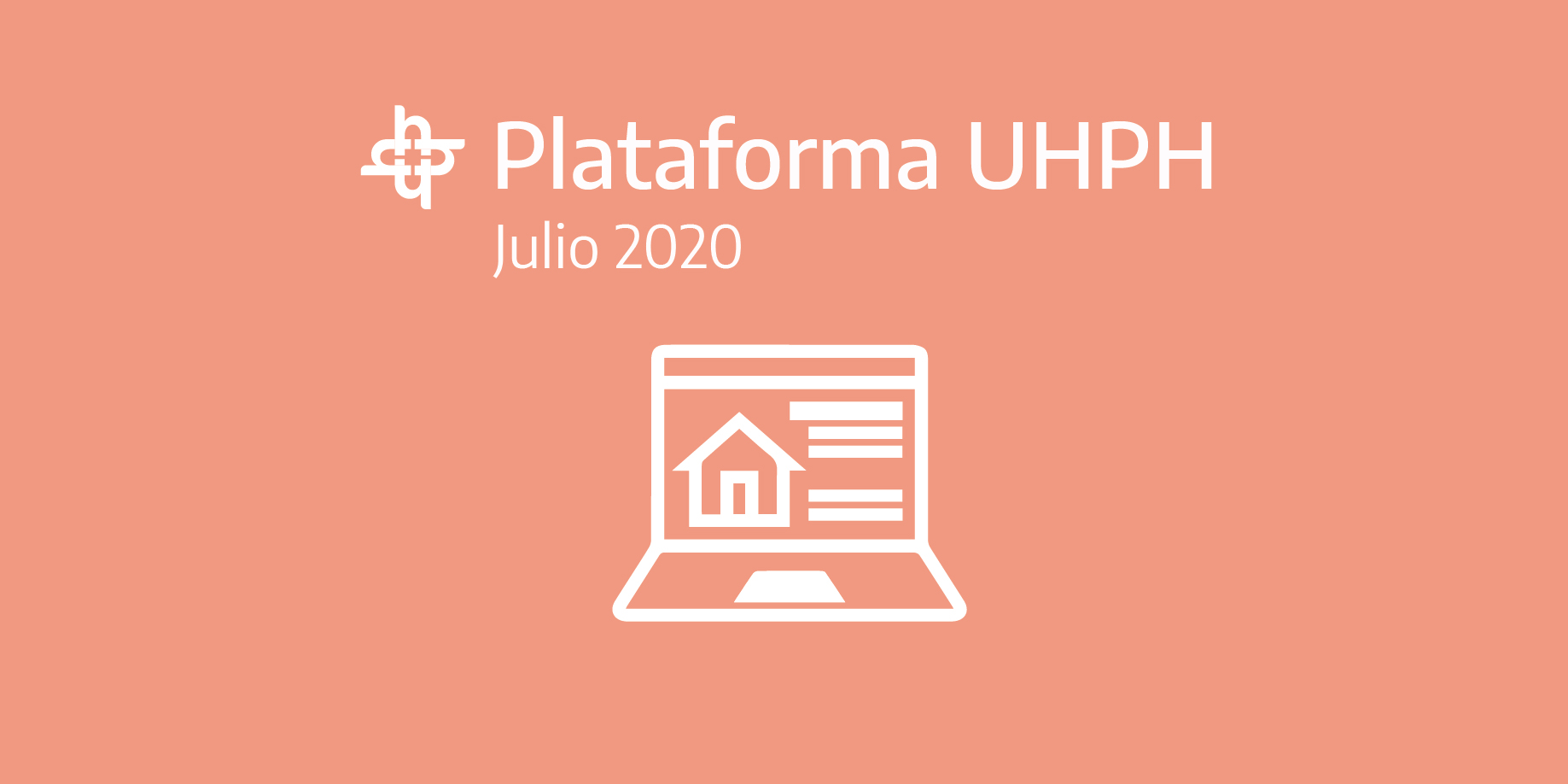UHPH Activities
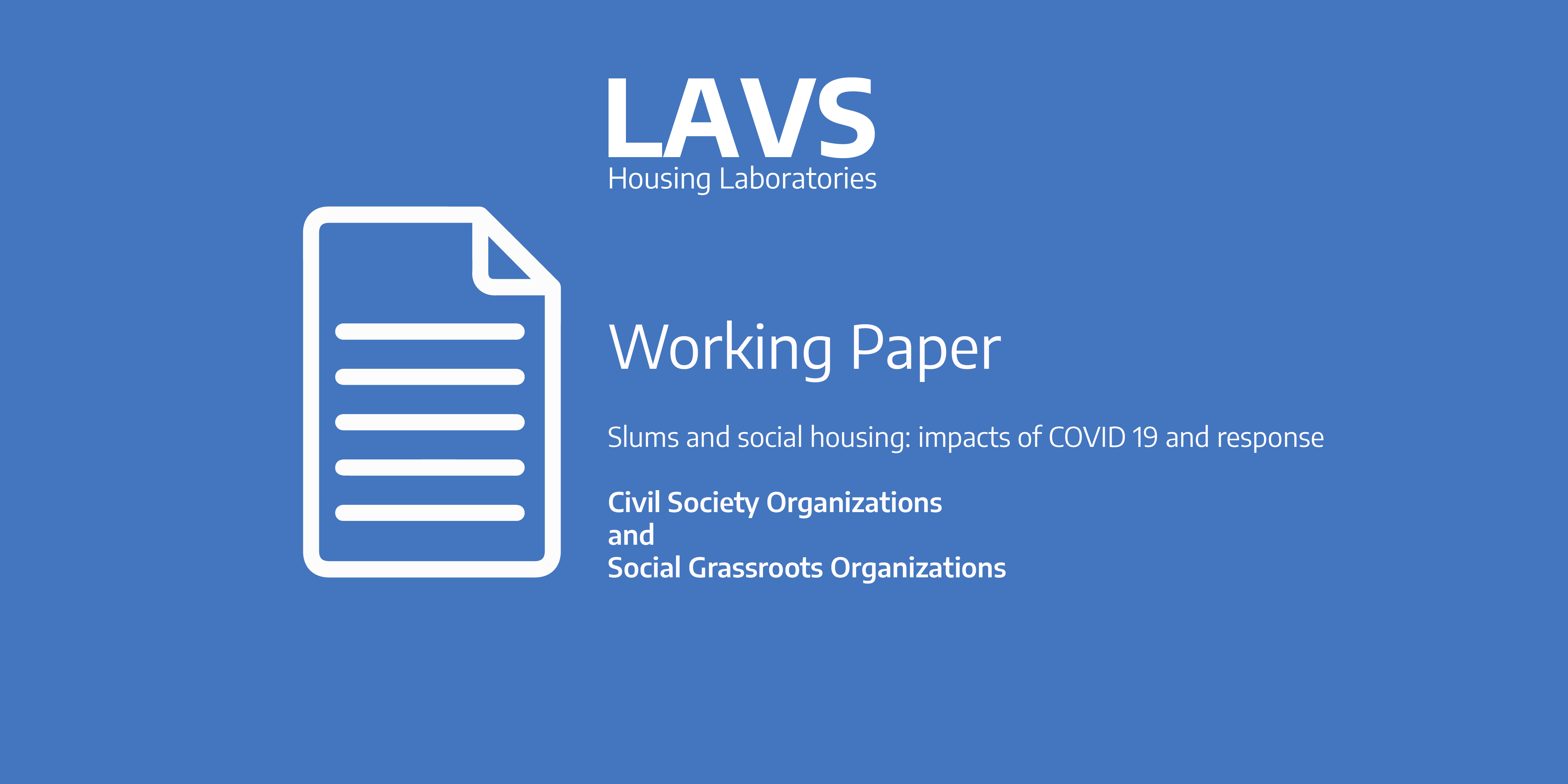
Working Paper
LAV Slums and social housing: impacts of COVID 19 and response Civil Society Organizations and Social Grassroots Organizations
One of the products of the LAV conducted on June 18th 2020, in collaboration with the HIC-Latin America and CLACSO channels is the publication of the following research paper prepared by Catalina Ortiz (PhD, University College London) and Maria Mercedes Di Virgilio (PhD, Universidad de BuenosAires).
#LavAsentamientosCOVID19
#SociedadCivilCovid19
#ODS11
#HLPF2020
For mor details on the paper (spannish version) click here
UHPH Data
Press Release
Working together for urban development in the SICA region
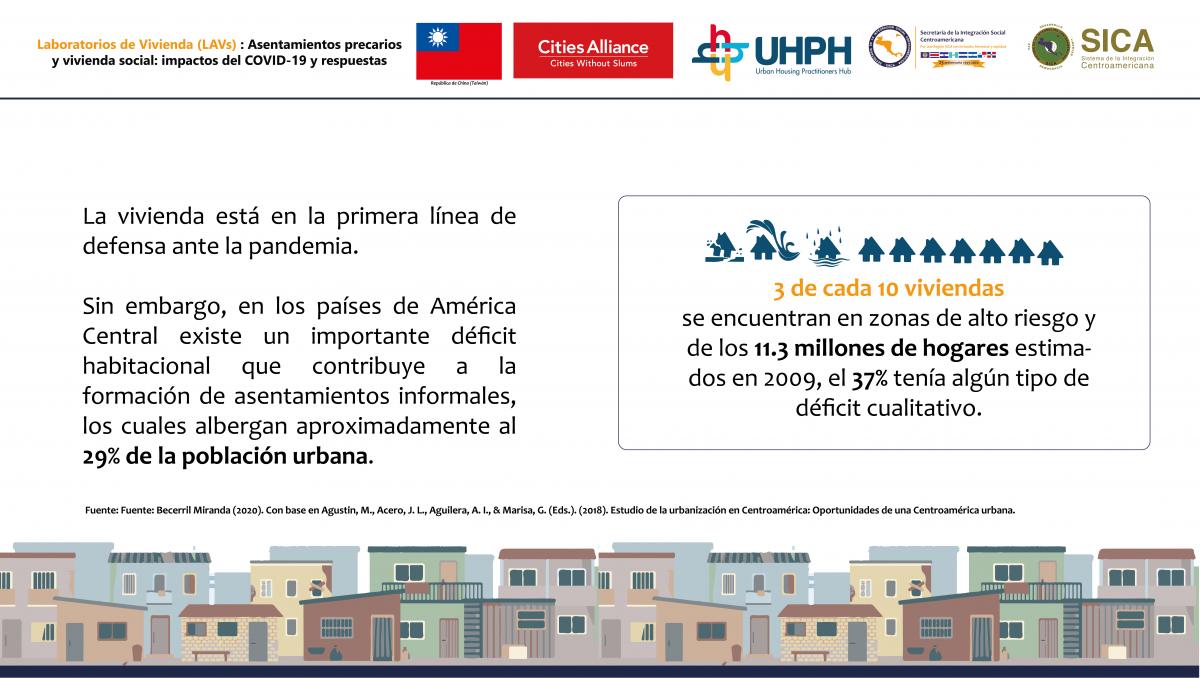
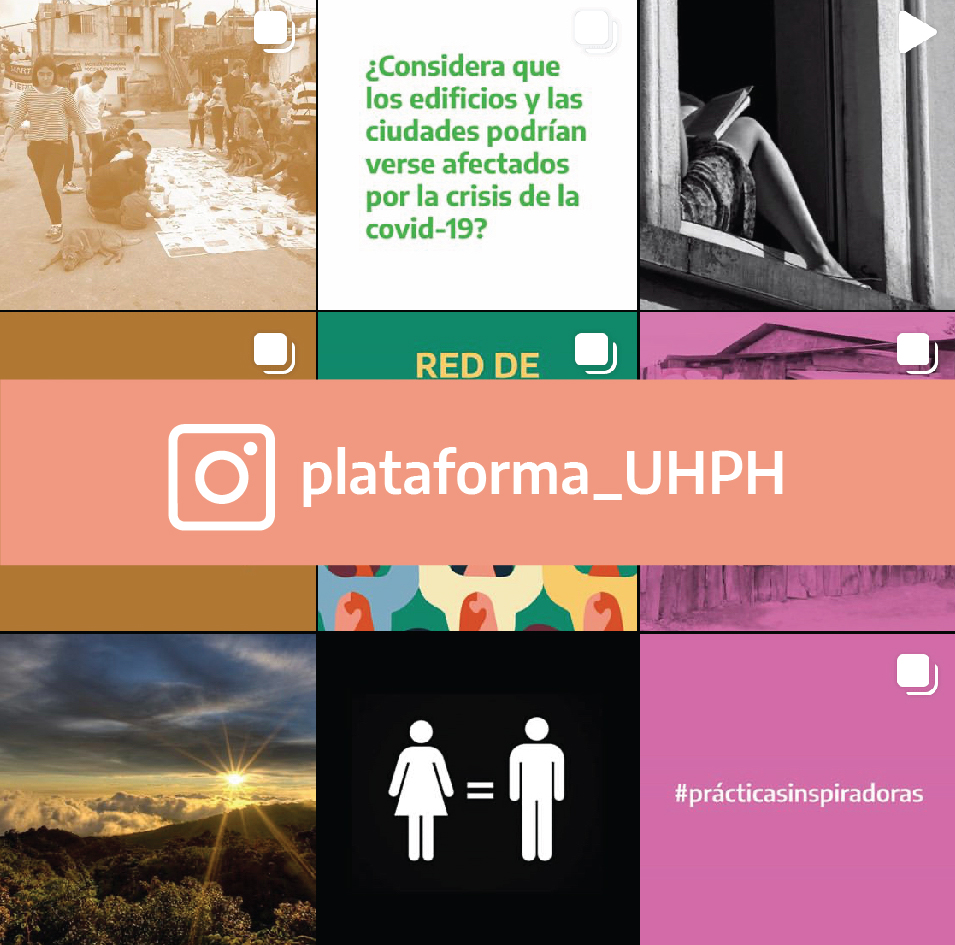
UHPH recommendations
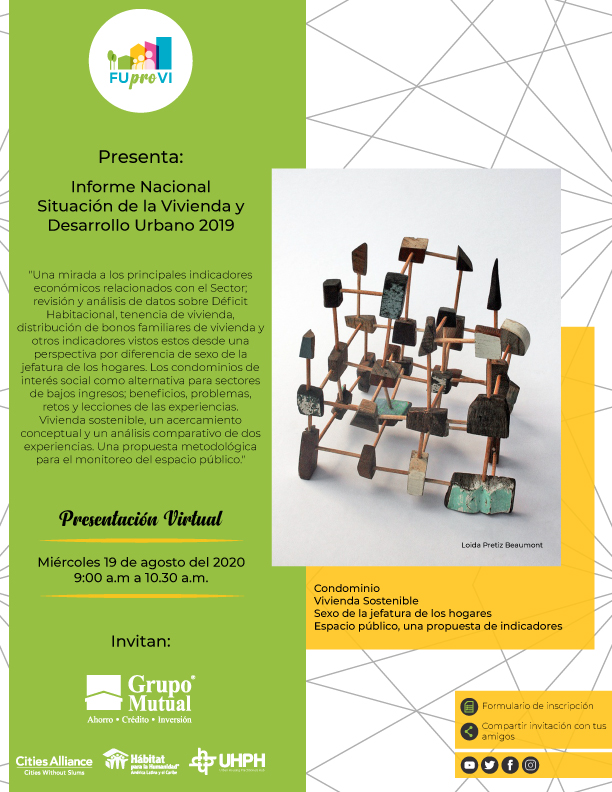
FUPROVI PRESENTS
National Report n the Status of Housing and Urban Development 2019
Costa Rica
The report is an overview of the main economic indicator related to the housing sector, a review and analysis of data related to housing deficit, home ownership, family housing grants and other issues studied from a gender-based perspective. Social interest projects as an alternative for low income sectors, benefits, issues, challenges and lessons learned from experiences. Sustainable housing, a conceptual approach and a comparative analysis of two different experiences. Finally, a methodological proposal for monitoring public spaces.
Save the date: Wednesday august 19th 2020- 9:00 am to 10:30
Register for the virtual presentation here
-

Second Web based Iberoamerican Diploma
Participatory sustainable design of habitat as a tool for the development and management of social habitat and for exercising rights
The Diploma has the purpose of providing participants concepts, methodologies, methods and instruments to engage multidimensional and multi-scale design, habitat production and management solutions as well as rights forwarding proposals which cannot be resolved in an effective and efficient fashion with traditional methodologies for urban design. There are 60 guest professors from six different countries (Argentina, Chile, Colombia, Cuba, Spain and Mexico) taking part as well as member from HIC-AL, ULACAV, SELVIPH and ELAC networks.
Duration: From august 12th to December 7 2020.
More information here
-
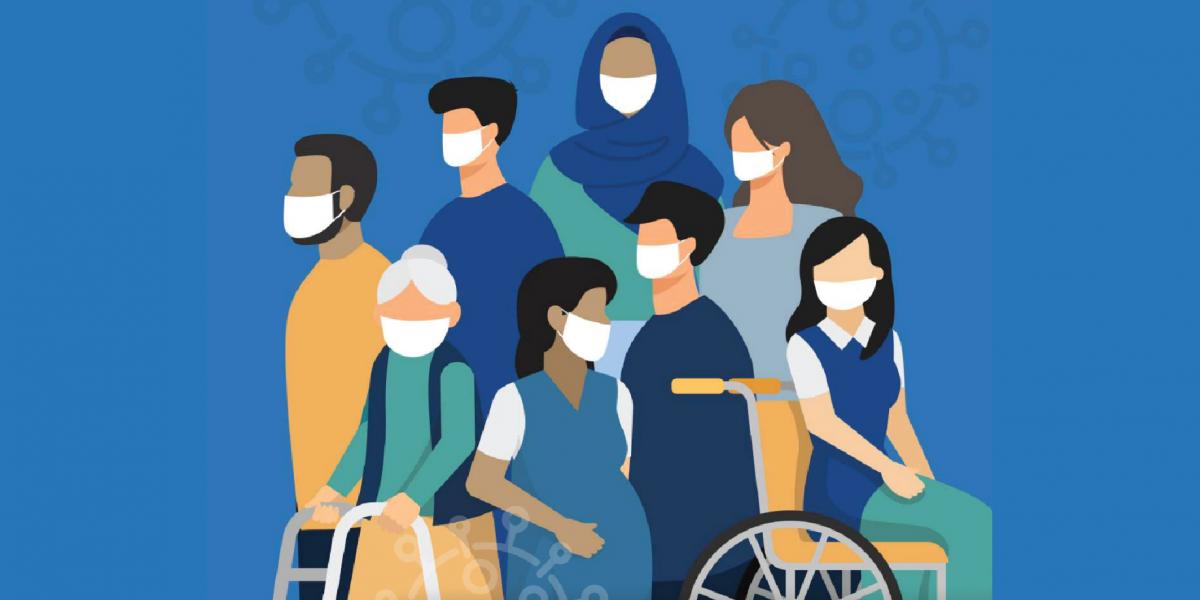
COVID 19 reveals the harsh realities of inequality and gender disparity of slums
Even when the epicenter of the worldwide sanitary crisis continues to be in Europe and North America, its impact on developing nations cannot be more devastating, especially for the poorest members of society. The billion people who live in slums and environments similar to slums in developing nations where population density is high are the most exposed and least prepared to face the crisis. Inhabitants of slums face challenges to comply with sanitary measures because their overpopulated homes regularly lack basic services such as water and sanitation. For women and girls who live in slums challenges are even steeper because they face heightened domestic violence and non-payed domestic labor demands.
To read full note click here
-
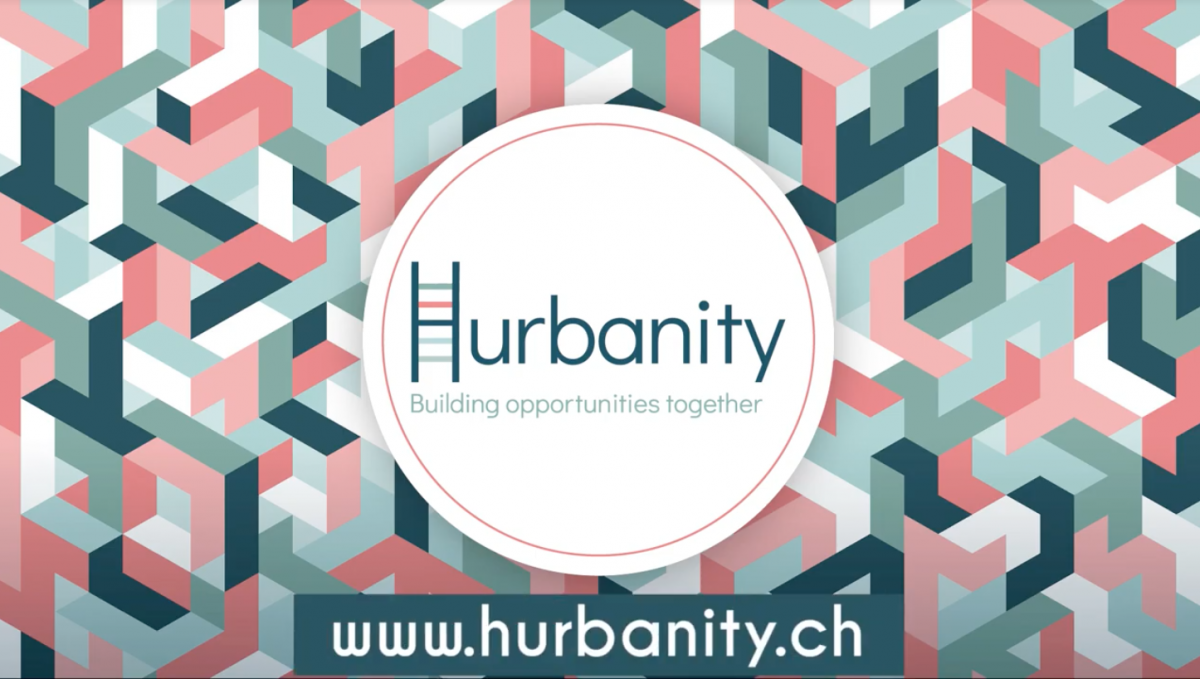
HURBANITY
We can live together
HURBANITY proposes an original concept based on flexibility. This allows adaptation to different political and sociocultural backgrounds of each construction site, all the while preserving the Hurbanity vision: acting on behalf of social diversity and generating new life opportunities for each of the inhabitants of the project. “We can live together” (“Podemos vivir juntos”) project which is a video report on the Colombian context. In 2016 the Colombian government and the FARC armed group signed a historical peace agreement. This political act signaled the end of a 53 year-long nationwide guerilla warfare. Today former combatants are Colombian citizens who return to share a life with the rest of society. Hurbanity promotes improving life together through housing projects developed around the axis of social diversity and inclusion with the purpose of disarming social stereotypes.
Find teaser here
-
Statistical information about slums in Mexico will be developed
On June 17th the Mexican Supreme Court delivered a historic ruling in which it orders the National Statistical and Geographical Information Institute (INEGI by its acronym in Spanish) to develop disaggregated statistical data about the population living in sums or precarious neighborhoods throughout the nation. The Supreme Court’s decision has its origin in an amparo lawsuit (rights-based constitutional litigation) filed by the organization TECHO Mexico against INEGI. Currently it is unknown how many slums and informal settlements exist in Mexico, where the are located, how many people inhabit them and what are their conditions. For years TECHO Mexico has warned that this lack of information prevented the design of public policy and urbanistic interventions to ensure adequate housing to this sector of the population as well as the possibility of a public review regarding the results of interventions carried out by the government.
To read the full article click here
-
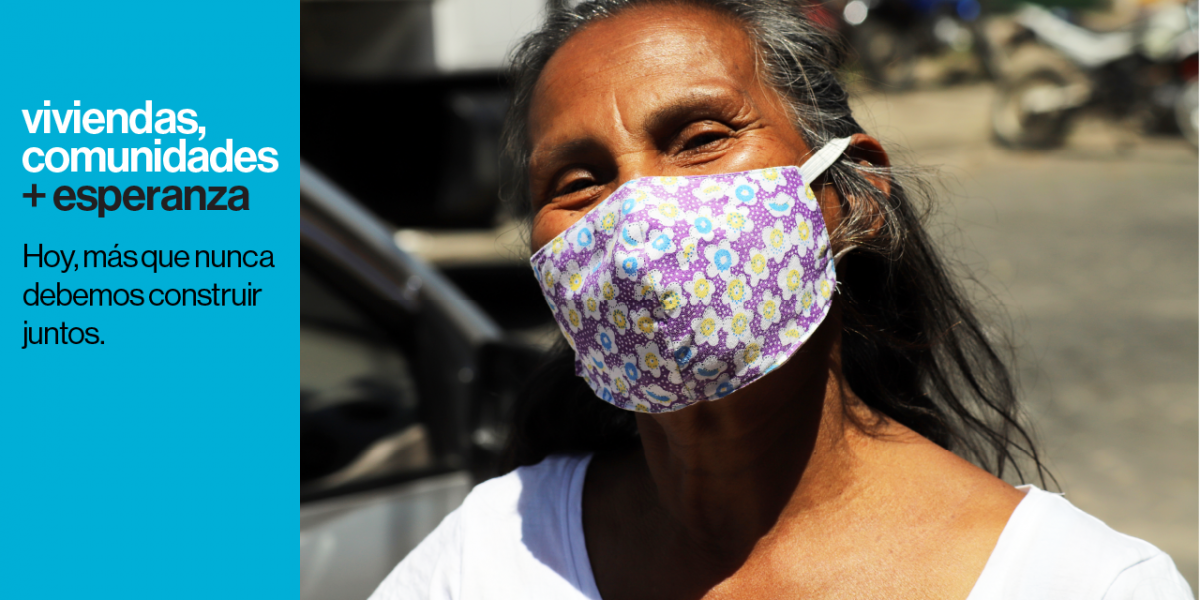
Housing, Communities + Hope
Join Us!
For the last 40 years Habitat for Humanity has been focused on building and improving the homes of vulnerable people. Because of economic hardship because of COVID 19 many homes do not have access to a healthy life, and it is because of that that we summon you to join this cause. Almost 100 million persons in our region live in housing without the necessary conditions to take care of themselves during the pandemic. Conditions such as lack of water at home, lack of a sink to wash hands, with up to six people sleeping in a single bedroom, with water leaks and lack access to soap, disinfectant or chlorine make conditions hard.
How can it be expected that these persons practice social distancing and keep a strict hygiene by staying at home?
#SoyHábitat
Support the campaign #Viviendas, #Comunidades + #Esperanza
For more information click here
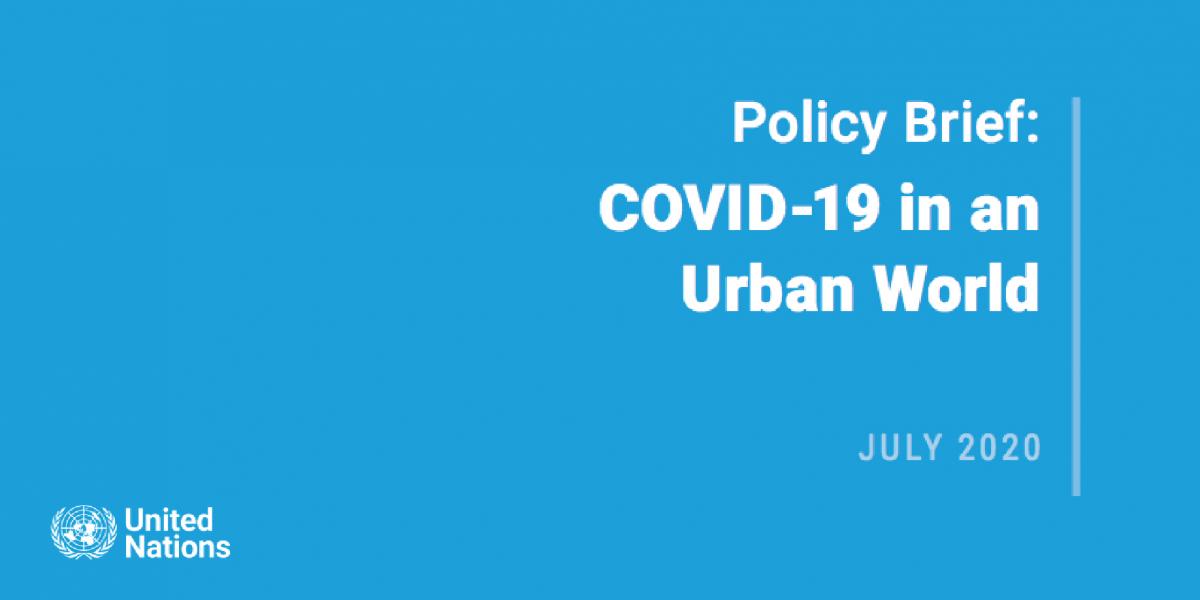
COVID 19 IN AN URBAN WORLD
POLICY BRIEF
The increase of population in cities over the last decades has intensified a set of challenges which COVID 19 has exposed all the while it has increased the challenges that inhabitants of cities and governments face. With a 90% of reported cases in urban zones, these have become the epicenter of the pandemic. Cities can manage this crisis and emerge as centers of energy, resilience and innovation and to foster awareness of the multiple public policy options to engage inequalities and to establish a recovery plan which is truly inclusive.
To read full document click here
-

